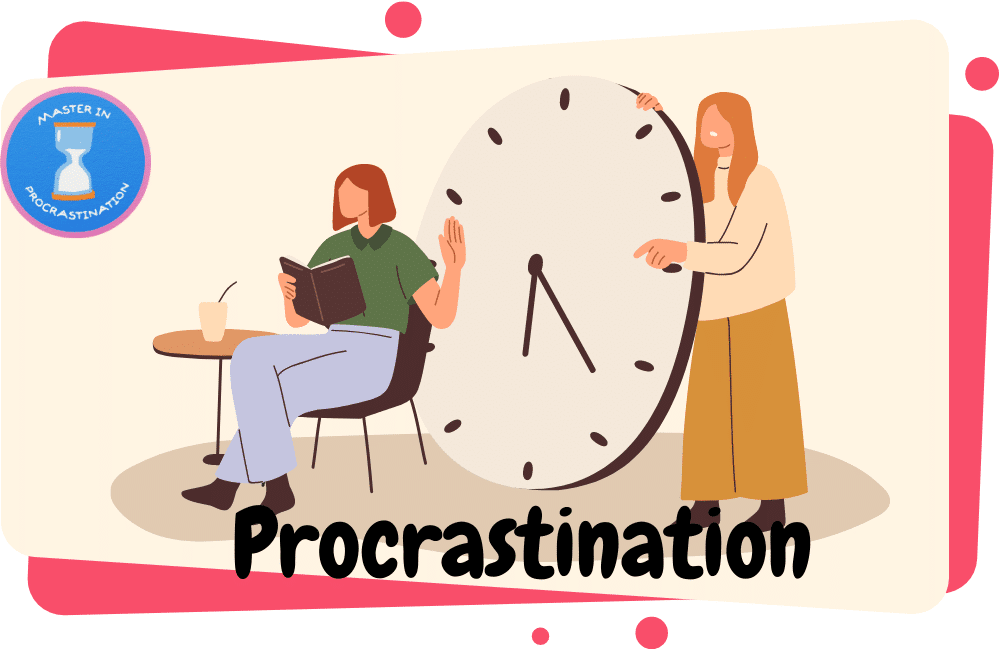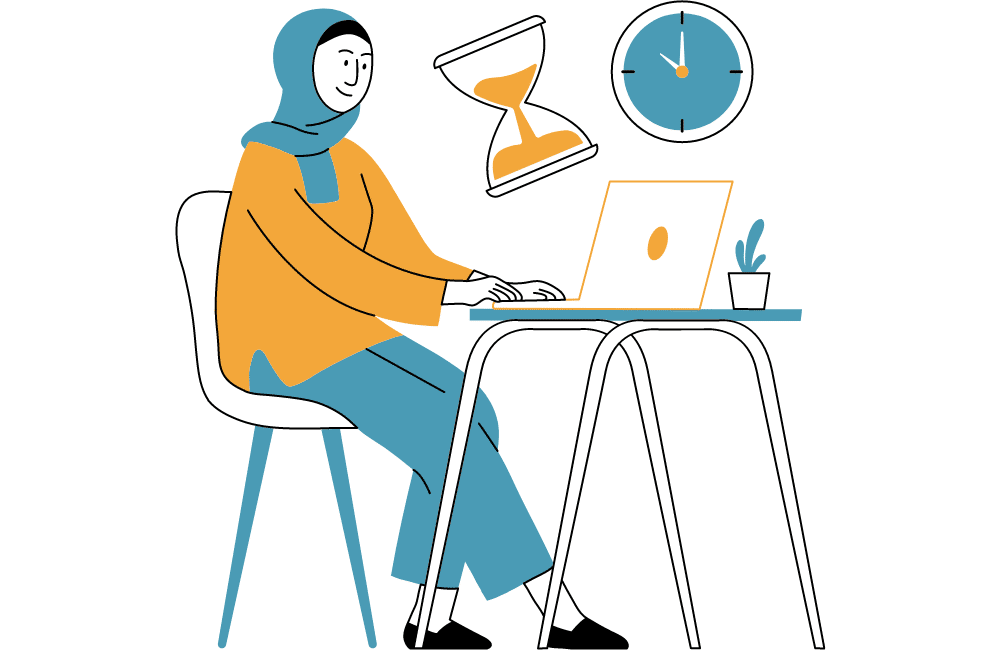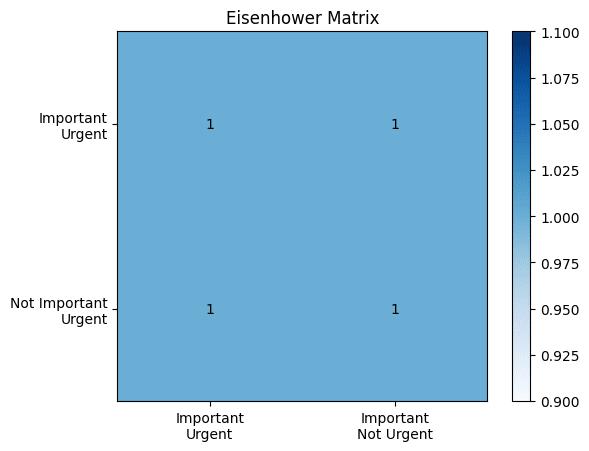Have you ever found yourself putting off a task you know you should do but don’t feel like doing it? Maybe you have a deadline looming, but instead of working on your project, you check your email, browse social media, or even clean your house. If this sounds familiar, you are not alone. Procrastination is a common and complex phenomenon affecting millions of people worldwide.

In this article, we will explore scientific explanations for why we procrastinate and how to overcome it. We will also look at some interesting facts and stats about procrastination in 2023 and how it affects our personal and professional lives.
What is Procrastination?
Procrastination is the act or habit of procrastinating, or putting off or delaying, especially something requiring immediate attention. It is not the same as laziness, implying a lack of motivation or interest. Procrastinators often want to do their tasks, but they struggle to overcome internal or external barriers that prevent them from getting started or finishing.
The Causes of Procrastination
Procrastination is not a simple or singular problem. It can have multiple interrelated causes that vary from person to person and situation to situation. Some of the common factors that contribute to procrastination are:
• Fear of failure or success: Some procrastinate because they fear the consequences of their performance. They may fear that they will not meet their or others’ expectations or face criticism or rejection. Alternatively, they may fear that they will succeed and must deal with new challenges or responsibilities.
• Perfectionism: Some procrastinate because they have unrealistic or excessively high standards for themselves or their work. They may spend too much time on minor details or avoid starting or finishing a task because they think it is not good enough.
• Lack of motivation: Some procrastinate because they lack the intrinsic or extrinsic motivation to do their tasks. They may not find the task interesting, enjoyable, meaningful, or rewarding. They may also lack the self-efficacy or confidence to do the task well.
• Lack of self-regulation: Some procrastinate because they have difficulty managing their time, emotions, impulses, or distractions. They may have poor planning or organizational skills or struggle to prioritize tasks. They may also have trouble regulating their mood, stress, anxiety, boredom, or temptation.
• Environmental factors: Some people procrastinate because of the influence of their surroundings or circumstances. They may face external obstacles, such as lacking resources, information, support, or feedback. They may also be affected by social factors such as peer pressure, social norms, or role models.
The Effects of Procrastination
Procrastination can have negative and positive effects on our lives. Some of the negative effects are:
• Lower quality of work: Procrastination can lead to poor performance outcomes such as lower grades, lower productivity, lower creativity, or lower customer satisfaction. Procrastinators may rush to complete their tasks at the last minute, resulting in errors, mistakes, or omissions. They may also miss deadlines, opportunities, or feedback that could improve their work.
• Higher stress and anxiety: Procrastination can cause psychological distress such as stress, anxiety, guilt, shame, regret, or frustration. Procrastinators may experience chronic worry about unfinished tasks or acute panic when facing deadlines. They may also feel guilty about letting themselves or others down, ashamed of their behavior, regretful of their wasted time, or frustrated by their lack of progress.
• Lower well-being and health: Procrastination can affect physical and mental well-being and health. Due to stress and anxiety, procrastinators may suffer from sleep deprivation, fatigue, headaches, digestive problems, or a weakened immune system. They may also experience lower self-esteem, fatigue, stress, and anxiety.
Some of the positive effects are
• Higher creativity: Procrastination can sometimes boost creativity by allowing more time for incubation and divergent thinking. Procrastinators may develop novel and original ideas or solutions when they delay their tasks. They may also benefit from the pressure of a looming deadline, enhancing their focus and motivation.
• Higher flexibility: Procrastination can sometimes increase flexibility by allowing more room for adaptation and improvisation. Procrastinators may be able to adjust their plans or strategies according to changing circumstances or new information. They may also be able to take advantage of unexpected opportunities or serendipity that arise from procrastination.
• Higher enjoyment: Procrastination can sometimes enhance the enjoyment by allowing more time for leisure and fun activities. Procrastinators may experience more pleasure and happiness from doing things they like instead of things they have to do. They may also appreciate their tasks more when they finally get around to doing them.
Interesting Facts and Stats about Procrastination in 2023
Procrastination is not new, but it has become more prevalent and problematic in the modern world. Here are some interesting facts and stats about procrastination in 2023:
• Procrastination costs individuals an average of 45% of their annual taxable income in the United States. This is based on a study that estimated the monetary value of time lost due to procrastination using data from the Bureau of Labor Statistics and the Internal Revenue Service. The study found that the average American worker loses about 55 days per year to procrastination, translating to about $10,396 per person yearly.
• People with a higher IQ are 30% more likely to procrastinate 1. This is based on a study that measured the IQ and procrastination tendencies of 1,500 participants. The study found that people with an IQ above 120 were more likely to procrastinate than those below 80. The researchers suggested that this could be due to the fact that smarter people have more options and choices, which can lead to decision paralysis and procrastination.
• Procrastination is twice as prevalent among the self-employed 2. This is based on a study comparing the procrastination habits of 1,000 self-employed and 1,000 employed workers. The study found that self-employed workers reported procrastinating for an average of 3 hours per day, while employed workers reported procrastinating for an average of 1.5 hours per day. The researchers attributed this difference to the fact that self-employed workers have more autonomy and less accountability, which can increase the temptation and opportunity to procrastinate.
• 95% of people admit to procrastinating, while 33% consider themselves serious procrastinators 3. This is based on a survey that asked 2,000 people about their procrastination habits and attitudes. The survey found that almost everyone has experienced procrastination at some point in their lives. Still, only a third consider it a serious problem that affects their goals and well-being.
• 28% of students indicate tiredness as a cause of procrastination 4. This is based on a survey that asked 1,000 students about their reasons for procrastinating on their academic tasks. The survey found that tiredness was the most common cause of procrastination among students, followed by lack of interest (25%), lack of motivation (23%), fear of failure (15%), and perfectionism (9%).
How to Overcome Procrastination
Procrastination is not an incurable disease but a manageable habit. Some many strategies and techniques can help us overcome our tendency to put things off and get things done. Here are some of the most effective ones to stop procrastinating:
• Set SMART goals: SMART stands for Specific, Measurable, Achievable, Relevant, and Time-bound. By setting SMART goals, we can clarify what we want to achieve, how we will measure our progress, whether we have the resources and skills to accomplish it, why it is important, and when we will complete it. SMART goals can help us break down our tasks into manageable steps, increase motivation and commitment, and reduce our ambiguity and uncertainty.

• Use the Pomodoro technique: The Pomodoro technique is a time management method that involves working in short bursts of focused activity followed by short breaks. The basic idea is to set a timer for 25 minutes (or any length that suits you) and work on your task without interruptions or distractions. When the timer goes off, take a 5-minute break to relax and recharge. After four Pomodoros, take a longer break of 15 to 30 minutes. The Pomodoro technique can help us overcome procrastination by reducing our resistance to start, increasing our concentration and productivity, and rewarding ourselves with frequent breaks.

• Use the 5-second rule: The 5-second rule is a simple but powerful technique that can help us overcome procrastination by overcoming our fear and hesitation. The idea is to count backward from 5 to 1 and then take action on whatever we want to do. For example, if we want to start writing an essay, we can count 5-4-3-2-1, open our laptops, and start typing. The 5-second rule can help us overcome procrastination by activating our prefrontal cortex, which is responsible for decision-making and self-control, and bypassing our amygdala, which is responsible for fear and emotion.
• Use the Eisenhower matrix: The Eisenhower matrix is a prioritization tool that can help us overcome procrastination by sorting our tasks according to their urgency and importance. The matrix consists of four quadrants: Q1: Urgent and important (do first), Q2: Not urgent but important (schedule), Q3: Urgent but not important (delegate or limit), Q4: Not urgent and not important (eliminate or reduce). The Eisenhower matrix can help us overcome procrastination by helping us focus on the most valuable and meaningful tasks, avoid wasting time on trivial and distracting tasks, and delegate or outsource tasks that are not within our core competencies or interests.

• Use the power of habits: Habits are behaviors we perform automatically and repeatedly without much conscious thought or effort. They are formed by a three-step process: cue, routine, and reward. By understanding how habits work, we can use them to overcome procrastination by creating positive habits that support our goals and replacing negative habits that hinder them. For example, if we want to exercise regularly, we can create a habit by choosing a cue (such as putting on our workout clothes), a routine (such as going for a run), and a reward (such as listening to our favorite podcast). By repeating this process consistently, we can make exercise a part of our daily routine and overcome procrastination.
Final Thoughts
Procrastination is a common and complex problem that affects many aspects of our lives. It can have multiple causes, such as fear of failure or success, perfectionism, lack of motivation or self-regulation, or environmental factors. It can also have negative and positive effects, such as lower quality of work, higher stress and anxiety, lower well-being and health, higher creativity, higher flexibility, or higher enjoyment.
Procrastination is not a fixed trait we are born with or stuck with. It is a habit that we can change with the right strategies and techniques. Some of the most effective ones are setting SMART goals, using the Pomodoro technique, using the 5-second rule, using the Eisenhower matrix, and using the power of habits.
By applying these strategies and techniques consistently, we can overcome procrastination and achieve our goals more effectively and efficiently

